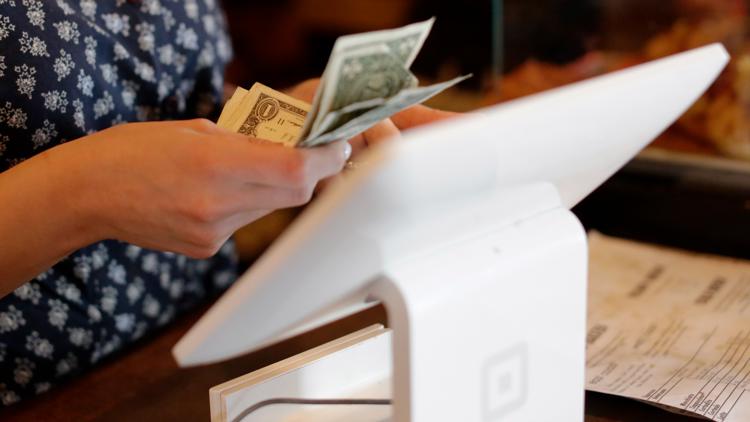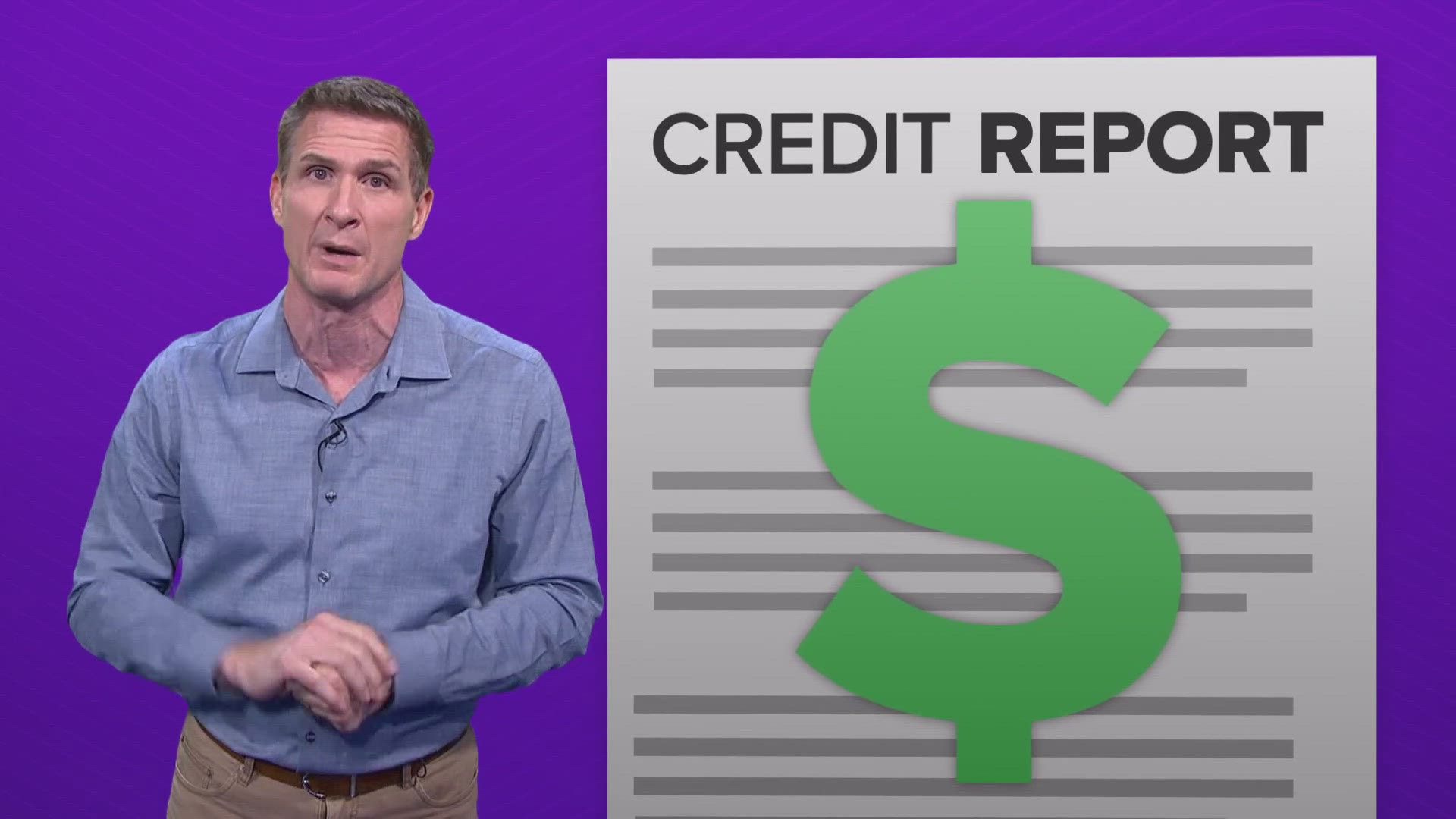DALLAS — I’m really big into eye contact. But not long ago, at a convenience store with a line behind me, I stopped looking at everyone as I put my debit card up to the reader so it could finally complete the transaction as I was buying something for less than a dollar. I never carry cash.
Then, just days later I felt again like I needed to look away because I didn’t have cash and this time, my card wasn’t going to save me because the service I was there for was free. Or was it?
I was at the tire store–the one where after you’ve paid a lot of money for tires you can keep coming back for the life of those tires, drive up, and while you wait in the car they check and fill your air for free. Well, again, I thought it was free…until the person in front of me tipped! I did not know that was a thing. The guy performing the service did, though. After my airing up, there was an obvious air of disappointment when all I gave in return was a "thanks, man."
Tip fatigue and the ‘guilt tip’
I am part of the 31% – the slice of Americans who told USA Today earlier this year that they’d been asked in recent weeks to tip for a service for which they wouldn’t normally have considered tipping.
I am also part of the 48% who told USA Today they’re downright tired of being asked to tip. It feels like it's everywhere. Remember last year when I told you how I was doing all the work at a self-service scanner that asked if I would like to add a tip. That answer was easy, but some of them are not.
You’ve heard of a guilt trip? There's now the guilt tip. It’s a real thing, and a survey published this year says on average, we are spending $453.60 a year in guilt-induced gratuities.
A lot of times it’s happening in situations where tipping was never a thing before. Another way it happens is when someone presents you with a screen and then waits—and watches as you financially assess their work right in front of them.
How much do you give? And how much is someone expecting?
Just to be clear: I am a former waiter and bartender, which means I am also a great tipper. In fact, I am an over-tipper according to data from SpotOn, which handles a lot of those restaurant point-of-sale payment systems.
They asked tipped workers how much they expect in a gratuity, and I expected that they would say at least 20%, which I have come to consider as normal. I was surprised to see that more than half of them (52%) said 15% to 19%, even though a lot of those tipping screen options go well beyond 20%.
SpotOn also found that most tipped workers (45%) say that 25% to 75% of their income comes from what you add on, and a good chunk of them (13%) say tips make up more than 75% of what they make.
So take care of your server, especially in Texas, which is among the minority of states that still allow for just a $2.13 minimum wage for tipped employees. No one can squeak out a living on just that, except for that machine that let me do all the scanning and then asked if I wanted to give it a little something. I did not cast my eyes away when I proudly looked right into its screen and emphatically pressed ‘No thanks.'
Proposals for no taxes on tips
The Budget Lab at Yale estimates about 2.5% of us work in tipped occupations. They figure that’s about four million employees relying on gratuities. They also recently published statistics on how many of those workers earn so little that they already don’t pay taxes on their tips.
The Budget Lab says, “37 percent of tipped workers in 2022 (as measured in the 2023 CPS ASEC) were in tax units that paid zero federal individual income tax before credits." In other words, they’re saying that more than a third of tipped employees apparently wouldn’t benefit from presidential candidate proposals that would end taxes on tips because those workers already don’t owe taxes.
Their conclusion after seeing an existing proposal: “The direct effect of the bill on the workforce as it stands today—before accounting for behavioral changes—would be small. The larger and far more uncertain effect would stem from behavioral changes incentivized by the bill, such as substitution into tipped employment and tipped income.”
The Budget Lab, and others, is wondering whether making gratuities tax-free might have unintended consequences. Might we see more non-tipped jobs turn into tipped positions where businesses would benefit by paying employees less, those workers would earn tips tax-free, and the government would lose more revenue?
Since this has become a big campaign promise on both sides in the presidential election, we may find out. In the meantime, I am now making sure that I have some cash on hand when I go to get my tires filled with air.



